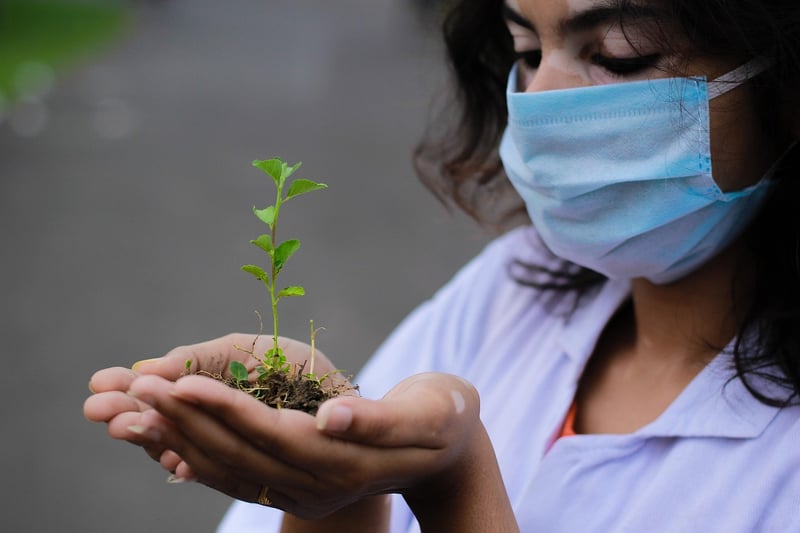Soil Health
Essential Plant Care and Soil Health
Plants play a vital role in our environment, providing oxygen, food, and beauty. To ensure your plants thrive, it's essential to understand proper plant care and the significance of soil health. By following these guidelines, you can create a flourishing garden that benefits both your plants and the ecosystem.
1. Watering
Water is crucial for plant growth, but overwatering can be harmful. Ensure your plants receive adequate water based on their specific needs. Factors like plant type, size, and environmental conditions influence watering frequency. Always water at the base of plants to prevent fungal diseases.
2. Sunlight
Plants require sunlight for photosynthesis, the process by which they convert light energy into food. Understand the sunlight requirements of your plants—some thrive in full sun, while others prefer partial shade. Position your plants accordingly to promote healthy growth.
3. Soil Health
Healthy soil is the foundation of a thriving garden. Ensure your soil is well-draining, rich in nutrients, and has the right pH level for your plants. Organic matter like compost can improve soil structure and fertility, providing a conducive environment for plant roots.
4. Mulching
Applying mulch around your plants offers numerous benefits. Mulch helps retain soil moisture, suppresses weed growth, regulates soil temperature, and improves soil structure as it decomposes. Use organic mulches like wood chips or straw for best results.
5. Fertilizing
Plants require essential nutrients to thrive. Fertilize your plants as needed, following instructions on the product label. Consider using organic fertilizers to promote long-term soil health and avoid chemical build-up. Regular soil testing can help determine nutrient deficiencies.
6. Pest and Disease Management
Monitor your plants regularly for signs of pests and diseases. Early detection allows for timely intervention, preventing widespread damage. Consider natural pest control methods like introducing beneficial insects or using neem oil to minimize chemical use.
7. Pruning and Maintenance
Regular pruning helps maintain plant shape, promotes air circulation, and removes dead or diseased branches. Additionally, proper plant maintenance, such as removing spent flowers and cleaning debris, enhances overall plant health and appearance.
Conclusion
By prioritizing plant care and soil health, you can create a vibrant and sustainable garden. Remember to tailor your care routine to the specific needs of your plants and provide a nurturing environment for them to thrive. With proper attention and maintenance, your garden will reward you with lush greenery and beautiful blooms.

For more information on plant care and soil health, visit Gardeners.com.
